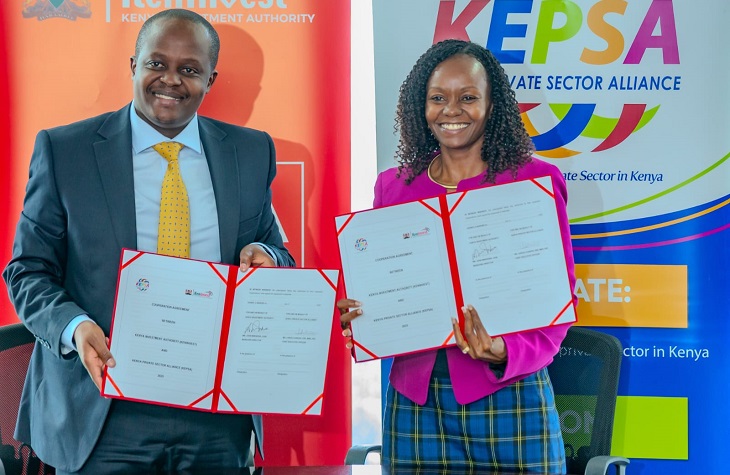Cultural transformation involves fundamentally changing beliefs, values, and behaviors within an organization to align with (new) organizational aspirations and goals. The first step in this transformative journey is recognizing the need for change. This acknowledgment can arise from various factors, such as outdated practices, stagnant growth, or increased competition. Assessing the current culture through surveys, interviews, or workshops can help identify areas needing improvement. Signs like low employee morale, high turnover rates, resistance to new initiatives, and dwindling business performance often indicate that a cultural shift is necessary. Understanding these signals allows organizations to take proactive steps toward creating a more positive and productive environment.
In any cultural transformation effort, leadership plays a crucial role. Leaders must not only endorse the changes but also embody the desired behaviors themselves. Their commitment sets the tone for the entire organization and inspires employees to follow suit. When leaders actively demonstrate the values and behaviors they wish to instill, it fosters trust and credibility among employees. For instance, when Kevin Russell, CEO of 3UK, successfully drove cultural change by leading by example, he ensured that his management team reflected the new norms, creating a ripple effect throughout the organization. Today, the British Telecommunication frim is the fourth-largest mobile network operator in the United Kingdom, with about 10.9 million subscribers as of August 2024. Locally, the Siginon Group has kept on this journey of culture transformation through its program ‘The Siginon Way’ with impressive business results.
There are many models on how to implement cultural transformation. In the academic world, one recognizes Kurt Lewin, 3 3-step process (Unfreeze, change, Refreeze), Kotter’s 8-step process, Heracleous 5 steps, etc. While these models are all important to master and are somewhat related, we have found that when it comes to implementing lasting culture change on the ground, ‘Simplicity is Key’.
It must start with a recognition of the need for change. Why do we need to change? Why is it so critical? Why must the change happen now and not later? What will happen if we do nothing? What is really at stake? In other words, what is the burning platform?
Once the need for change is recognized and leadership support is secured, developing a clear vision for the desired culture becomes vital. This vision should outline key values and behaviors that need to be embraced across all levels of the organization. Involving stakeholders in this process ensures alignment and buy-in; when employees feel they have a stake in shaping the culture, they are more likely to engage with it positively. After establishing this vision, organizations can create a roadmap for implementation that includes measurable goals and milestones to track progress.
Organizations must target behaviors that align with their new culture. For example, if transitioning from a hierarchical structure to one that emphasizes collaboration, fostering teamwork and engagement becomes essential. Integrating these desired behaviors into performance management systems helps reinforce their importance and measure progress effectively. In Siginon, this has been effectively done by identifying the behaviors as our transformation pillars and inculcating the same into the Performance Management process through a 360-degree tool, among other ways.
Measuring progress throughout this transformation process is crucial for sustainability. Organizations should track key performance indicators related to cultural change while celebrating short-term wins along the way. Recognizing achievements fosters a sense of belonging among employees; when individuals see their efforts acknowledged and celebrated, they are more likely to remain committed to their work and strive for excellence. The Siginon Way Tambulika program does exactly this.
As the wave of change is felt in the air, certain elements are important to note. These include promoting inclusivity and diversity within the workforce as it brings varied perspectives that can enhance creativity and problem-solving capabilities. The organization must prioritize inclusivity at all levels, implementing inclusive hiring practices, providing ongoing diversity training, and creating spaces for open dialogue about diversity-related issues.
In an age where mental health issues are getting increasingly prevalent, prioritizing work-life integration is essential for transforming company culture. Organizations should encourage flexible work arrangements that respect personal time and commitments. At Siginon Group, we have embraced options such as remote work, flexible hours, and an employee well-being program. In this way, colleagues feel supported in managing their personal lives hence more likely to be engaged and be supportive of cultural transformation and any other company-led initiatives.
Organizations must prioritize clear and continuous communication through the process, so every team member understands their individual role in the transformation’s success and how their work contributes to larger organizational results.
Cultural transformation is not merely an option; it’s a strategic necessity for organizations aiming for long-term success in today’s competitive corporate world. By recognizing the need for change, engaging leadership support, developing clear strategies, focusing on behavioral shifts, fostering inclusivity, measuring progress, and embedding culture into systems, organizations can create vibrant cultures that attract top talent while retaining existing employees.
Change the Culture, Change the Game!
The time for transformation is now; embracing these principles will create workplaces where employees feel valued, motivated, and empowered to contribute meaningfully to organizational goals. Together, we can build thriving communities within our workplaces that benefit everyone involved—the organization as a whole—ultimately driving sustainable success for years to come.
Related Content: Beer, Music And Culture Dominates Oktobafest Grand Finale
Dr Fred Nyawade is an author of Organizational Performance, Innovation, Culture, and Leadership. He is also an experienced People and Culture practitioner and an Executive Coach.













